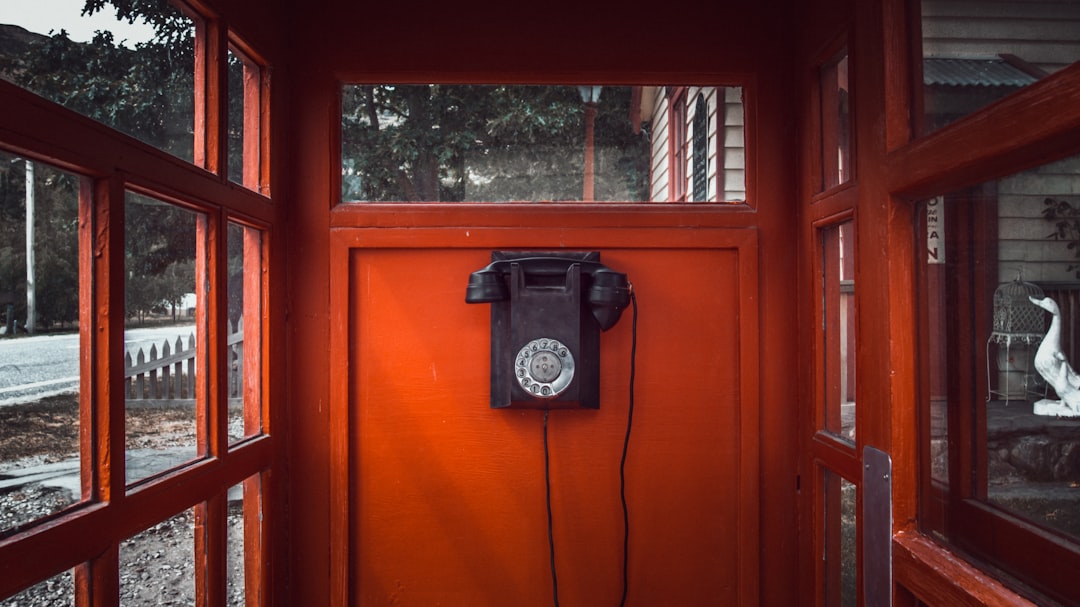Spam calls are a common issue in Massachusetts, but state laws like the Massachusetts Telemarketing Act (MTA) and federal regulations, including the TCPA, protect consumers. The Spam Call law firm Massachusetts specializes in these laws, helping businesses comply and offering relief to affected individuals. Quincy residents can mitigate unwanted phone marketing by registering on do-not-call lists and documenting spam call incidents, logging details like date, time, caller ID, and conversation content. Reporting spam calls involves identifying the caller and contacting the law firm, which guides complaints to authorities for investigation and potential legal action. The Spam Call law firm Massachusetts advocates for consumer protection, empowering citizens with free consultations and collaborations with authorities to create a safer environment against spammers in Quincy and across Massachusetts.
In Quincy, Massachusetts, understanding and effectively reporting spam calls is crucial for maintaining a peaceful living environment. This guide delves into the legal framework surrounding these nuisance calls, offering practical steps for identification and documentation. We provide a detailed, step-by-step process for reporting spam to the appropriate authorities. Furthermore, we explore the vital role of local law firms in combating spam calls, highlighting their expertise as an asset in ensuring compliance with Massachusetts’ Spam Call laws.
Understanding Spam Calls and Their Legal Framework in Massachusetts

Spam calls, also known as unsolicited or unwanted phone marketing calls, are a common nuisance in today’s digital age. In Massachusetts, these calls are regulated by state laws and federal regulations designed to protect consumers from intrusive and deceptive practices. The Spam Call law firm Massachusetts plays a crucial role in navigating these legal frameworks to ensure compliance and offer recourse for affected individuals.
Understanding the legal aspects of spam calls is essential for Quincy residents. The Telephone Consumer Protection Act (TCPA) at the federal level and the Massachusetts Telemarketing Act (MTA) at the state level govern how businesses can contact consumers by phone. These laws prohibit automated or prerecorded calls, live sales calls after 9 p.m., and certain practices that invade individual privacy. Consumers in Massachusetts have rights, including the ability to register their numbers on do-not-call lists and take legal action against persistent spam callers.
Identifying and Documenting Spam Call Incidents Effectively

Identifying and documenting spam call incidents is a crucial step in effectively reporting them, especially when dealing with persistent or abusive callers. In Quincy, residents can take proactive measures to combat unwanted phone calls by following specific guidelines. First, it’s essential to recognize common patterns—spammers often use automated systems to dial random numbers en masse, so multiple similar calls from unknown sources within a short period might indicate spam.
Documenting these incidents is equally vital. Keep a log of each call, noting the date, time, caller ID (if available), and detailed notes on the content of the message or conversation. Massachusetts’ Spam Call law firm encourages citizens to record such interactions for legal purposes and to provide concrete evidence when filing complaints. This information can significantly aid authorities in tracing and penalizing spammer operations.
Reporting Spam Calls to the Right Authorities: A Step-by-Step Guide

In Quincy, reporting spam calls is a crucial step in combating unwanted and fraudulent activities. The first step is to identify if a call is indeed spam. Note down details like the caller’s number, any voice messages left, and the timing of the call. Once confirmed, you have several options for effective reporting.
A common approach is to reach out to your local law firm specializing in Spam Call laws in Massachusetts. These professionals can guide you on the best course of action, which may include filing a complaint with the Federal Trade Commission (FTC) or other relevant authorities. Provide them with all collected data, including any proof of communication. They will ensure that the information is forwarded to the appropriate departments for further investigation and potential legal action against the spammers.
The Role of a Local Law Firm in Fighting Spam Calls in Quincy, MA

In the ongoing battle against spam calls, a local law firm plays a pivotal role in protecting residents of Quincy, MA. These legal professionals specialize in consumer protection and have the expertise to handle spam call-related issues effectively. They can guide individuals on their rights and the legal steps to take when dealing with relentless spam calls. By offering free consultations and legal aid, they empower Quincy residents to fight back against these unwanted intrusions.
The law firm’s involvement is crucial in raising awareness about spam call tactics and providing practical solutions. They often collaborate with local authorities and communication service providers to implement stricter regulations and blocking mechanisms. Their collective efforts can lead to more stringent laws against spam call perpetrators, ensuring a safer and quieter environment for Quincy folks.






